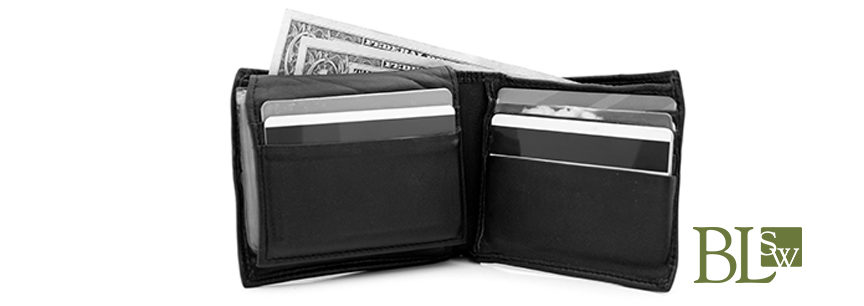As a business owner, you understand the importance of maintaining a healthy cash flow. However, no matter how diligent you are with your financial management, there may come a time when you encounter some customers who are unable or unwilling to pay for the goods or services they have received. As a result, you may find your business struggling to maintain stability and keep operations going. So, what can you do to collect on these debts? In this guide, we’ll explore different ways for businesses to collect on debts owed and get back on track.
Send Reminder Letters
The first step in the process of collecting on debts owed is to send a reminder letter or email. This is usually a polite reminder to the debtor that they have an outstanding balance that needs to be paid. The letter should include the total balance owed, the date when the payment was due, and an explanation of the consequences of not paying. This is often an effective way to collect debts as sometimes customers may just have forgotten to pay or misplaced their invoices.
Hire a Collections Agency
If sending reminder letters doesn’t work, the next option is to hire a collections agency. A collections agency will take over the debt collection process for you and will use a variety of methods to get the debtor to pay, including calling them and sending letters. While this option can be effective, it’s important to note that collections agencies typically charge a percentage fee, which can range from 10% to 50% of the amount owed.
Take Legal Action
If all other options have been exhausted, business owners may want to consider taking legal action. This may involve filing a lawsuit against the debtor or obtaining a judgment against them. While this option can be effective, it can also be costly and time-consuming. Business owners should weigh the potential benefits of taking legal action against the potential costs before proceeding.
Offer Payment Plans
Sometimes, customers may be willing to pay their debts if they are given more flexibility in terms of payment plans. In these cases, business owners can offer payment plans to help the customer pay off their debt over a longer period of time. While this option may result in a slower payment process, it may be a more effective way to collect debts from customers who are experiencing financial difficulties and unable to pay the full amount upfront.
Attend Mediation
Another option for businesses that are owed debts is attending mediation. Mediation is a process in which a neutral third party helps the parties involved in a dispute come to a mutually satisfactory agreement. This can be a cost-effective and efficient way to resolve disputes and collect debts. Mediation is often less formal than legal proceedings and can result in a quicker resolution to the matter.
In conclusion, there are several ways for business owners to collect debts owed. From sending reminder letters to attending mediation, each option has its pros and cons. Business owners should carefully weigh the potential benefits and costs of each option before choosing the best approach for their particular situation. Ultimately, the key to successful debt collection is to be persistent and diligent in your efforts to collect what is owed to you. With these options at hand, business owners can maintain a healthy cash flow and keep their operations running smoothly.
Business Law Southwest. Business law that makes business sense.






